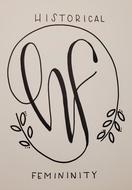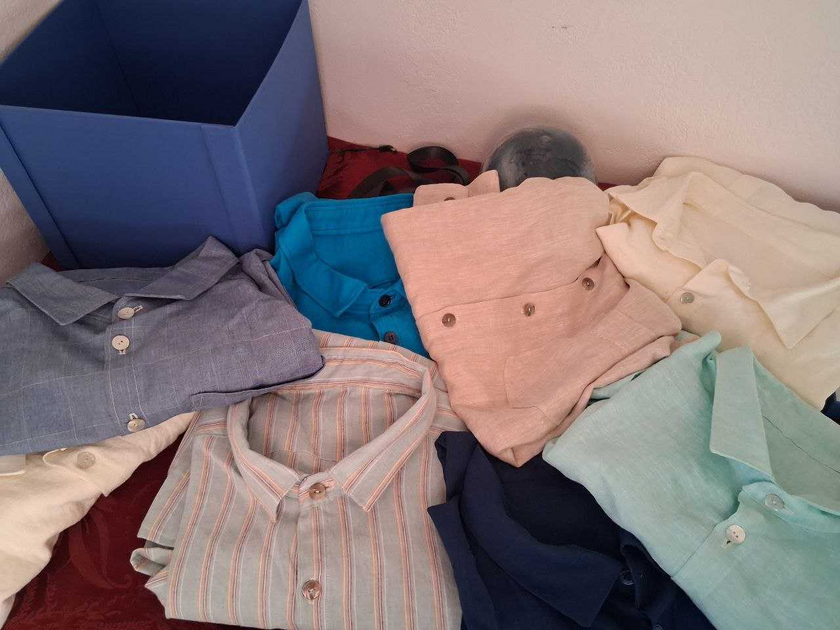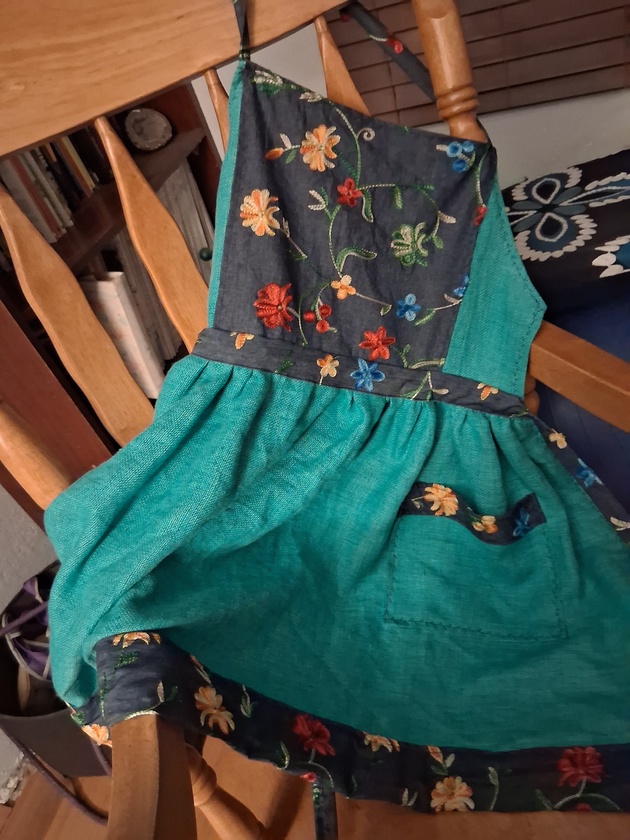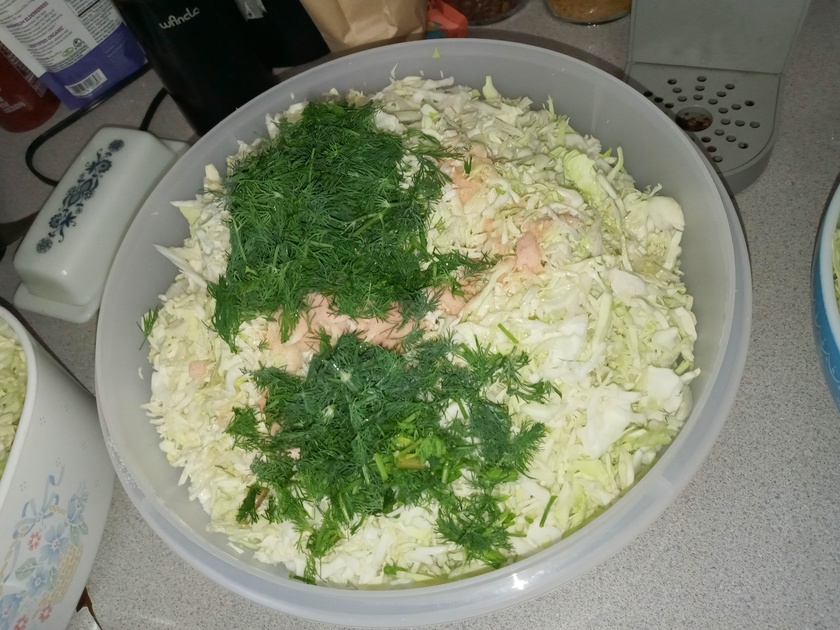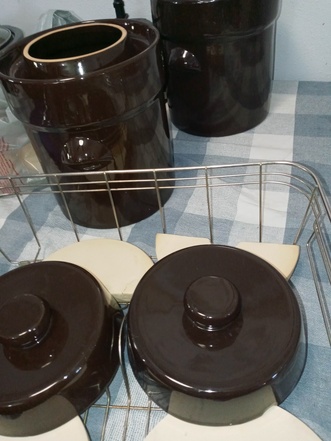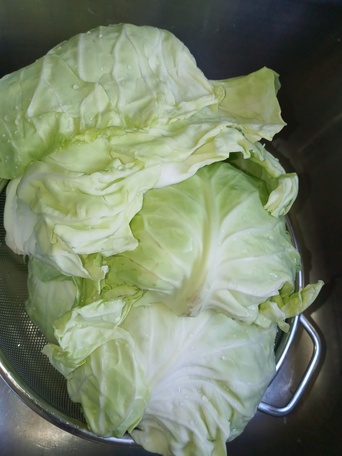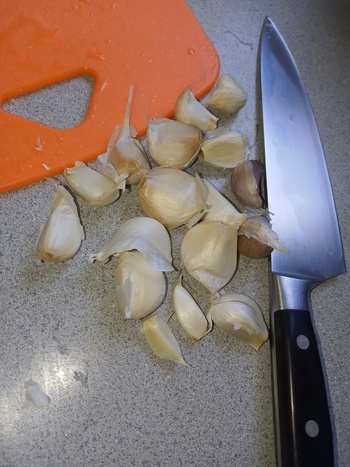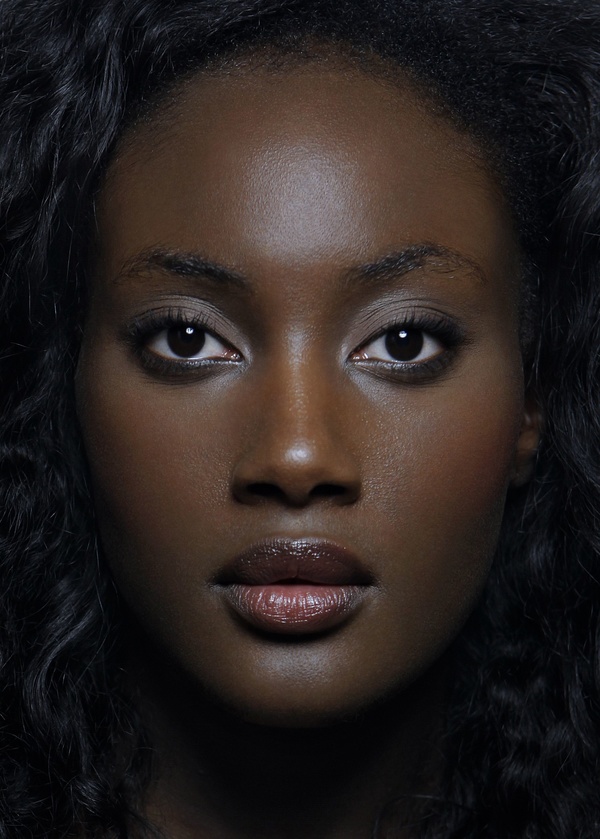
Infantile Features
Infantile features are a genetic tossup. They're a function of the shape of your skull and your cartilege, skin and eyes. There is nothing you can do to make your features more (or less) infantile (saving surgery) although there are things you can do with makeup. Speaking about having (or not having) infantile features isn't a value proposition - you have them or you don't. Infantile features were more a part of our cultural expression of beauty in decades past. Now, one tends to see adolescent features (outsized features in a slim face) as our official ideas of beauty have morphed. But genetics is genetics - and infantile features always have their effect, even if they aren't always "in".
Aging & Infantile Features
Infantile features are based partially on the size of cartilagenous bits of your face, which includes your nose and ears. As we age, these bits of our body continue to grow - so older features are naturally larger than younger. Does this mean that old faces are less attractive than young? Yes. (Please note that throughout this article, "attractive" is meant in the most scientific sense - and there have been many studies done. It is not meant to be offensive or complimentary, just fact).
Infantile Features on Men
The studies say that both men and women consider infantile features attractive - aka we are attracted to them in faces. This biologically based preference keeps our babies and children safer, as we treat attractive people preferentially. This is not to say that women necessarily find infantile features a sexual draw. Some men have fairly infantile faces (large eyes/forehead, small nose/mouth) - these men are considered "pretty", but whether or not they're considered handsome varies by culture. Some women have a marked preference for larger brows and squarer jawlines. If you've ever overheard a conversation about "Team Jacob or Team Edward" that's largely what's under discussion.
Infantile Features and Race/Culture Comparison
When discussing "infantile features" the first thing that I did was speak an opinion as if it were measurable. "Large" eyes? "Small" nose/mouth? My HS biology teacher would be ashamed. But this has merit in terms of our discussion, because what I think of as large/small is based on the people around me. In other words, I'm comparing faces with my available sample.
So, then, the facial attractiveness of a small woman from a ethnic group than runs to delicate bone structure and features is going to be extremely high in a multicultural setting - even if, in her village, she's got the least "attractive" face around. Other attractiveness markers are set by culture (coloration, hair texture, ornamentation, body type, etc) but this one is biological.
Here's an excellent scientific article that will dig in much more deeply to most of this: https://www.ncbi.nlm.nih.gov/pmc/articles/PMC3130383/
Infantile Features and Life
As someone whose face is fairly infantile (large eyes, large forehead, small nose/mouth), there are up sides and down sides. At nearly 50 and carrying too much extra weight, my facial proportions are somewhat less infantile than they were when I was younger and slimmer - but they're still there. (I used to wonder why my mom would go on about my high forehead... well, this is why).
Yes, people find infantile features attractive. One hears that attractiveness makes life easier, which is true - but it's not "and end the sentence there".
People find infantile features attractive, but they ... find them infantile. If I am willing to take advantage of people (which I am not), I can utilize this desire to caretake to get much of what I might want in life. It certainly makes staying safe trivially easy - males and females both want to take care of me. That's useful. The down side is that it's incredibly difficult to get people to take me seriously.
- The good: Infantile features are attractive features.
- The bad: But people won't take you seriously, because their subconscious thinks, "child".
- The ugly: And because their subconscious says "child", you can get away with murder.
I've struggled with my looks for most of my life, and very carefully not noticed what was given to me. Part of that was the discomfort with being given unfair advantage. Part of the reason is because I'd rather you had a real conversation with me than patted me on the head 99% of the time. But the thing to be done with advantage is to use it for maximum good, not selfish ends. The only thing you can do with the cards you're dealt is play them - or fold.
